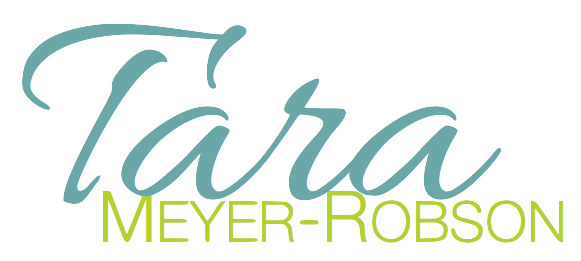Deserving Good in Your Life After an Abusive Childhood
If you grew up dealing with abuse, you may feel - at a deep, unconscious level - like you don’t truly deserve good in your life, which can include healing.
In this special call, I answer a question about this, but I also talk about the 22 signs that you dealt with an abusive childhood (because it can be hard to truly see what happened and the effects of it, since it was just normal to you!).
22 Signs of an emotionally abusive childhood
Parents were extremely moody
Parents were overly critical and negative with you.
Parents were only critical and negative with you, but a sibling (or siblings) were always praised and supported. Or, you were compared to a sibling or someone else in your life, and you always found yourself being told that you were wanting.
Parents didn’t pay attention to your emotions, or invalidated them by saying you were too sensitive, too emotional, too whatever.
Parents made you take care of them, physically or emotionally.
Parents manipulated you with guilt, often for you simply being who you are or trying to do something important to you.
Parents either had massive rages or used the silent treatment on you.
Parents were physically there, but emotionally not present at all.
Parents didn’t allow you to have healthy boundaries.
You were expected to be perfect at all times, but even perfection got criticized.
As an adult, you constantly blame yourself for everything that happens.
As an adult, you have a very hard time saying no - you feel like it’s going to be the end of the world or the end of the relationship.
As an adult, you have a hard time disagreeing with others.
As an adult, you sabotage your efforts at success.
As an adult, you have a deep feeling of not being worthy or needing to prove your worth.
As an adult, you cringe or get anxious when you have to spend time with one or both of your parents.
As an adult, you’ve had a pattern of picking relationships that are strikingly similar to the dynamic between your parents, or the dynamic your parents showed to you.
As an adult, you still worry about how your parent will react to things.
As an adult, you find yourself not telling your parent too much about your life because you know it will be used against you.
As an adult, you are always monitoring everyone else’s emotions and trying to jump in and fix the problem before it blows up.
As an adult, you suffer from low self-worth, although everyone around you thinks you are awesome.
As an adult, you repress your emotions, often working hard to not show any reaction or tell others how you really feel.
Resources you might want to check out:
Do you have a narcissistic parent? Or partner? Check out this site and click under “surveys” to take a test to find out (Karyl McBride is considered the a top expert on narcissism and it’s impact on victims long-term): https://www.willieverbegoodenough.com/
Great book on the topic, with helpful, concrete advice: https://www.amazon.com/Toxic-Parents-Overcoming-Hurtful-Reclaiming/dp/0553381407
Jay Reid Therapy - excellent site with many, many helpful articles and videos - probably the best I have seen on the subject: https://jreidtherapy.com/videos/
